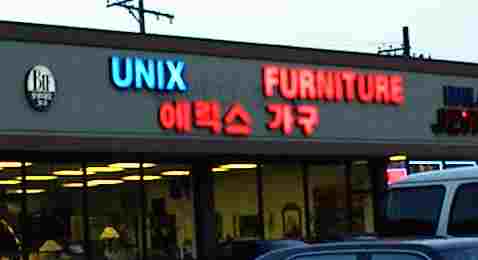

| Main index | Section 1 | 日本語 | Options |
Options available:
| person | If you wish to talk to someone on your own machine, then person is just the person's login name. If you wish to talk to a user on another host, then person is of the form ‘user@host’ or ‘host!user’ or ‘host:user’. |
| ttyname | |
| If you wish to talk to a user who is logged in more than once, the ttyname argument may be used to indicate the appropriate terminal name, where ttyname is of the form ‘ttyXX’. | |
When first called, talk sends the message
Message from TalkDaemon@his_machine... talk: connection requested by your_name@your_machine. talk: respond with: talk your_name@your_machine
to the user you wish to talk to. At this point, the recipient of the message should reply by typing
talk your_name@your_machine
It does not matter from which machine the recipient replies, as long as his login-name is the same. Once communication is established, the two parties may type simultaneously, with their output appearing in separate windows. Typing control-L ‘^L’ will cause the screen to be reprinted. Typing control-D ‘^D’ will clear both parts of your screen to be cleared, while the control-D character will be sent to the remote side (and just displayed by this talk client). Your erase, kill, and word kill characters will behave normally. To exit, just type your interrupt character; talk then moves the cursor to the bottom of the screen and restores the terminal to its previous state.
Permission to talk may be denied or granted by use of the mesg(1) command. At the outset talking is allowed.
| /etc/hosts | to find the recipient's machine |
| /var/run/utx.active | |
| to find the recipient's tty | |
In FreeBSD 5.3, the default behaviour of talk was changed to treat local-to-local talk requests as originating and terminating at localhost. Before this change, it was required that the hostname (as per gethostname(3)) resolved to a valid IPv4 address (via gethostbyname(3)), making talk unsuitable for use in configurations where talkd(8) was bound to the loopback interface (normally for security reasons).
Multibyte characters are not recognized.
| TALK (1) | January 21, 2010 |

| Main index | Section 1 | 日本語 | Options |
Please direct any comments about this manual page service to Ben Bullock. Privacy policy.
